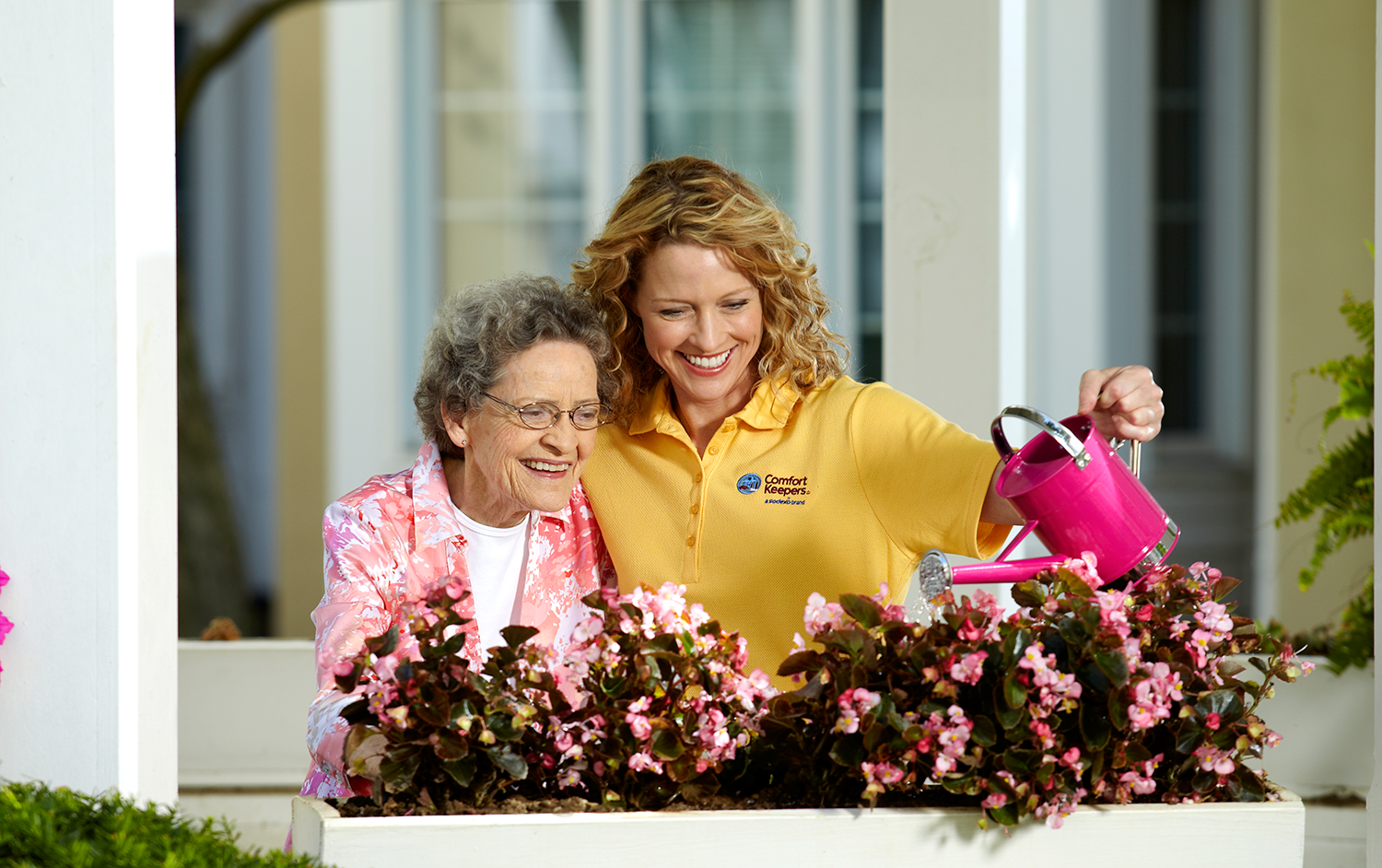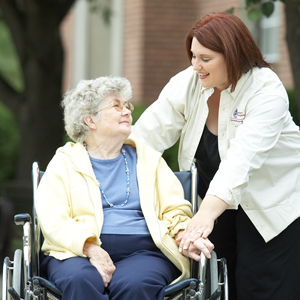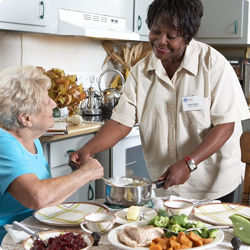Hoarding – More than Just Holding onto Things
Blog | February 13, 2018
Whether it’s holding on to something because they believe it’ll be useful in the future, because it holds sentimental value, or because it was a great deal, hoarding can quickly get out of hand. But beyond the dangers of sanitation, health, and safety issues in the home, there’s also the danger of something less visible.
Researchers at the University of California in San Francisco found that 15% of seniors suffering from depression engaged in extreme hoarding. Compared against the 2-5% of older adults who extreme hoard that don’t suffer from depression, and what sometimes seems like an innocuous quirk is actually not so harmless.
As our loved ones age, many times they face a dramatic decline in the frequency, and quality of social interactions. This can cause them to feel lonely, isolated, and cut off from the rest of the world. Because of this, they can start engaging in behaviours that help them cope with these increasing feelings of social isolation and depression. Often, this means of coping is hoarding; everything from screws, to junk mail, to even animals!
What to look out for
Hoarding is different from cluttering or collecting. Often, hoarders hold on to random items from their daily lives in a haphazard fashion. To be sure, look for the following signs.
- Holding onto things most people would consider not valuable, such as junk mail, newspapers, old catalogues, broken items, or old clothing.
- Apathy and a lack of shame
- Self-neglect
- Isolating themselves from social situations, or social withdrawal
- Domestic squalor, or unsanitary living conditions,
- Lack of functional living space, including not being able to sleep in their bed, or use appliances in the kitchen because of lack of space.
- Intense sentimental attachment to many objects
How to help your hoarding senior
Since hoarding is often connected to emotional and mental health issues like OCD, depression, and anxiety, if you think it’s serious it’s best to consult a professional. If you’ve detected the condition early though, there are a few ways you can help and prevent it from getting more serious.
Start slow, and start to scale down collections
Enlist a cleaning crew of friends and family to help out
Work room by room, and
Toss un-used items, or consider recycling, donating, or putting them on consignment.
And of course, look at ways to keep your loved one more engaged with the world. Previously, we’ve written on a few ways to avoid isolation, but come up with a plan to increase the quality, and frequency of their social interactions.
Individualized Home Care Options
Long-Term Home Care, 24 Hour Home Care & Short Term Care Options Customized for You







